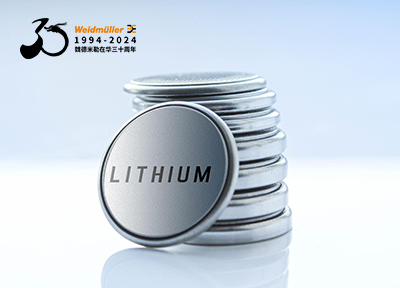February 2008: A company that boasts it provides “total fire protection systems” went up in flames. Smoke was seen coming from the warehouse-like buildings that house Atlantica Mechanical of Dartmouth控制工程网版权所有, Nova Scotia —a contracting business that oversees the design, installation and maintenance of fire protection systems. The local fire department struck the blazewww.cechina.cn, but the building and contents were lost.
Ask a diverse crowd of people to define the term “security” and the responses will likely
Conduct a similar exercise with business executives and the responses will likely include cyber security; protection of intellectual properties; protection of critical business information; protection of personnel, facilities, assetsCONTROL ENGINEERING China版权所有, and the environment.
What these and the many other responses you hear illustrate is that most people consider security synonymous with defense—defense against unexpected interruptions to our daily activities.
Frequently, businesses will approach security using a domain-by-domain approach—protect the perimeter, protect the people, protect the intellectual propertyCONTROL ENGINEERING China版权所有, protect the environment, and so forth. However, when you step back and look at itwww.cechina.cn, security is really about ensuring business continuity and it is best achieved by designing a unified defense-in-depth strategy and architecture that can defend against myriad possible business interruptions.

Medieval concepts of defense-in-depth still apply in newer forms. Source: control Engineering
Businesses have been aggressively engaged in establishing a strong defense against unauthorized access to their digital systems for about the last 20 years. Today we generally refer to these defensive efforts as cyber security, and


 在线会议
在线会议 论坛
论坛 专题
专题 工控直播
工控直播 新闻中心
新闻中心 子站
子站 技术
技术 社区
社区


 2026具身智能机器人电子制造应用研讨会
2026具身智能机器人电子制造应用研讨会.jpg) 福禄克六大“法宝”帮您搞定过程仪表校准难题
福禄克六大“法宝”帮您搞定过程仪表校准难题 中控时间序列大模型TPT免费有奖体验
中控时间序列大模型TPT免费有奖体验 爱德克SE2L进阶版安全激光扫描仪有奖预约演示
爱德克SE2L进阶版安全激光扫描仪有奖预约演示 剑维软件电子半导体行业白皮书有奖下载
剑维软件电子半导体行业白皮书有奖下载


























